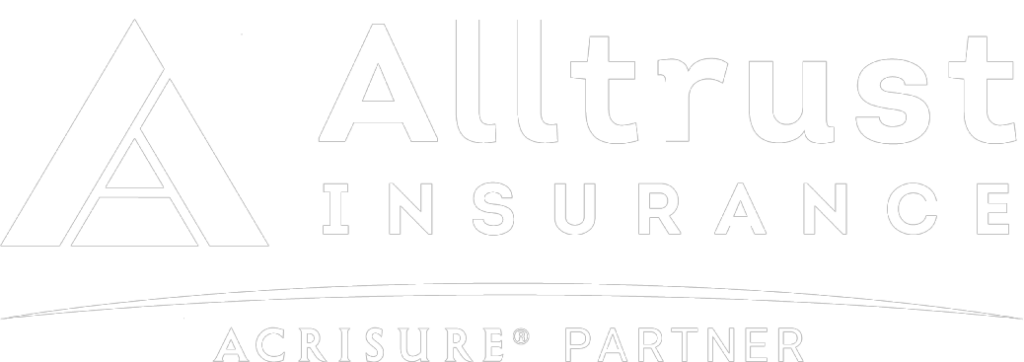The COVID-19 pandemic has impacted the business world in many different ways. 2020 served as a wake-up call for HR departments as employees were suddenly looking to HR teams for guidance in areas not typically considered their responsibility. This was a turning point for many workplaces, now, HR is expected to understand public health challenges swiftly and manage them efficiently. It’s important for your company’s HR team to be prepared in the case of unexpected health crises. With that being said, Alltrust Insurance has detailed 4 steps employers should take with their HR team to help cope with the current COVID-19 pandemic fallout and beyond.
Preparing Your Business For The Unexpected
Step 1: Assessing The Risk
One of the first and most crucial steps in a health crisis is to assess the risk of the organization. Identifying the worst-case scenario ahead of time can help you implement a plan to prevent that possibility. To do this, employers must educate themselves about the crisis in general. This means staying updated on federal and local health guidance to help inform timely organizational strategies. All employers should consider the following impacts on workers:
- Are they at a heightened risk by being in the workplace during this crisis?
- What safety protocols will keep employees safe?
- Do any of my employees fall under “high-risk” against covid, influenza, or other viruses?
An assessment should answer these questions and prepare employers to make informed choices in response to the crisis. By assessing these potential risks and planning for them, you will leave your company in a much better position to handle a health crisis.
Step 2: Adapting To Change Efficiently
Based on the risk assessment, employers must be prepared to adapt to adversity as efficiently as possible. For instance, if employees are at high risk due to their working conditions, perhaps requiring them to work remotely would be the best solution. Employers must also ensure safeguards are in place so that employees don’t need to choose between their jobs and their health. In 2020, we were not ready for such a severe pandemic and it left many businesses vulnerable. People were losing their jobs, businesses were not able to operate, and employers were losing money. However, we learned that being able to adapt quickly to new situations would be vital to the success of an organization. Therefore, your HR team should be able to handle adversity effectively and prepare employees for change.
Step 3: Communicating Effectively
Employers should keep employees in the loop at every stage of the process. This means sharing the outcome of the risk assessment and clearly communicating any new workplace protocols. Employees should never have to wonder how their workplace is handling a crisis. It’s important for your entire team to be on the same page and understand the protocols in the case of a health crisis. Ensuring effective communication will:
- Reduced stress and anxiety
- Provide stability and safety to employees
- Reduce rumors/misperceptions
- Build organizational integrity
- Mitigate exposure
- Enhance workplace culture
There are many ways in which you can improve internal communication within your organization. Whether it’s through online project management tools or weekly team meetings, communication is key to handling any obstacles in your workplace.
Step 4: Welcoming Change
During the early months of the COVID-19 pandemic, it took far too long for some businesses to adapt. Many pushed back on requiring employees to work remotely, only to reverse course later. Luckily, we can learn from past mistakes to ensure you make the best possible decisions in potential future health crises. Employers should be ready to make these decisions quickly and must embrace the changing business world.
This might mean having some employees work remotely while others remain in the workplace. Employers should think about such scenarios and be prepared to follow through if a public health crisis necessitates it. Organizations should ensure that their updated Disaster Recovery Plans address these evolving risks for the sake of business continuity and safety. Many employers are afraid of any change within their business. By welcoming change rather than fighting it, your business will be able to swiftly adapt and overcome complications.
HR And Workplace Guidance
While no one wants a health crisis to occur, they are sometimes inevitable. Utilizing these 4 steps and preparing ahead of time for potential risks can be critical for the well-being of your organization. For employers who want to ensure their HR team and employees are suited to handle a future crisis, Alltrust Insurance can be of great help. Our human resources consulting and support team in South Florida can navigate all of the complexities of the HR world for you. We are here to help and guide your business no matter the situation. For any HR and employee benefits guidance you may need, reach out to Alltrust Insurance today to find out how we can help your business succeed even amidst a world health crisis.





